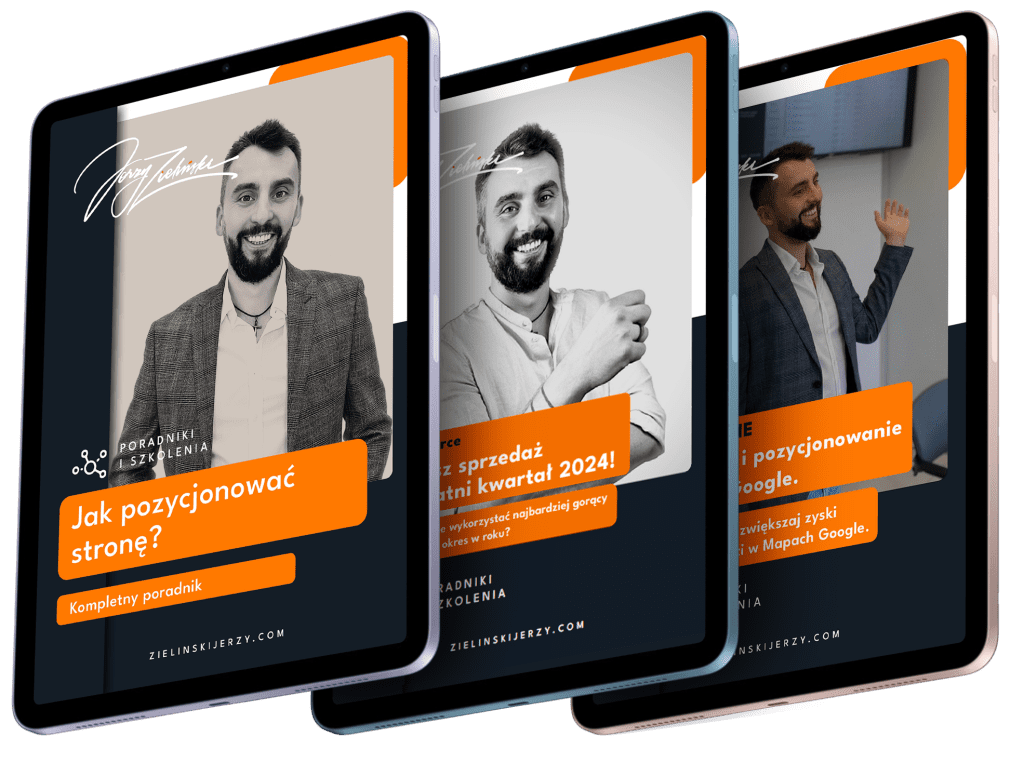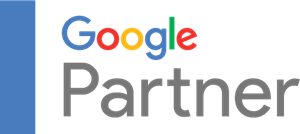Advertising premium services online requires a completely different approach than promoting standard products or services. Clients seeking exclusive solutions have different expectations, make purchasing decisions differently, and pay attention to completely different aspects of communication. If you run a company offering consulting services, coaching, interior design, architecture, or business advisory, you need to know how to effectively reach demanding audiences who are willing to pay more for the highest quality.
Why is advertising premium services a challenge?
Selling premium services is a long-term, multi-stage process. Your potential clients don’t make decisions impulsively after clicking on an ad. They need time to learn about your offer, verify your competencies, and build trust in you as an expert. In the case of services costing tens of thousands of dollars, no one will decide on cooperation after one contact with an ad.
Additionally, the target group is narrow and very specific. Not every entrepreneur needs a marketing strategy for $30,000 or an individual coaching program for $15,000. You must precisely target people who have both the need and the budget for this type of investment. This means that the standard approach to advertising campaigns simply won’t work.
How to select keywords for exclusive services?
Choosing the right phrases is the foundation of an effective campaign for premium services. Forget about general terms like “business consulting” or “marketing advisory”. Such phrases generate huge traffic, but most people who search for them are looking for free advice or cheap solutions.
Focus on long-tail phrases that precisely describe your ideal client’s problem. If you offer advisory services for international expansion for manufacturing companies, your keyword could be “consultant international expansion industry” or “advisor German market entry for companies”. Such phrases have lower search volumes, but the people who use them are much more advanced in the decision-making process.
Also pay attention to location-related phrases if your service requires in-person meetings. A client looking for an interior architect in Warsaw will enter a specific city in the search engine, and adding this information to the campaign will allow you to reach people genuinely interested in cooperation.
How to create compelling ad content?
Your ad must immediately communicate value and service level. Avoid generalities like “professional consulting” or “best quality”. Every company says this about itself, so these formulations mean nothing to a demanding client.
Instead, focus on specific benefits and results. If you run advertising campaigns for premium clients, you can write: “Google Ads campaigns tailored for companies with turnover above $5 million annually” or “Advertising strategy based on analysis of 200+ variables”. This shows you understand the specifics of working with large enterprises and have experience at this scale of operations.
Messages that filter out wrong audiences also work well. A statement like “Minimum campaign budget: $15,000 monthly” will immediately screen out people who aren’t ready for such an investment. This may lower the number of clicks, but will definitely improve the quality of leads you receive.
How to use ad extensions for building prestige?
Ad extensions are a tool that plays a key role in building an expert image for premium services. Sitelink extensions should lead to the most important elements of your offer: portfolio of completed projects, certificates and qualifications, case studies, or testimonials page.
You can use callout extensions to emphasize unique aspects of your service: “15 years of industry experience”, “Certified Google Partner”, “Client service in 12 countries”. These elements build credibility even before clicking on the ad.
Don’t underestimate review extensions either. If you have positive reviews from satisfied clients, displaying their excerpts directly in the ad can significantly increase click-through rate. A potential client sees that other entrepreneurs trusted you and are satisfied with the cooperation.
How to design landing pages for demanding clients?
The page a user lands on after clicking your ad must be consistent with your service level. If you offer premium consulting and your page looks like a 2010 template, you immediately lose credibility. Aesthetics, professionalism, and attention to detail are as important here as the content itself.
It’s crucial that the landing page answers the specific need arising from the ad keyword. If someone clicked on an ad about “French market entry strategy”, don’t direct them to a general homepage describing all services. Create a dedicated subpage that describes this specific scope of cooperation in detail, shows your experience in this area, and includes examples of other companies’ successes.
Make sure the page contains all relevant information: cooperation method, approximate implementation timeline, your qualifications and experience. Premium clients want to know who they’re working with and what the cooperation will look like before they decide to make contact.
How to use remarketing in advertising exclusive services?
Remarketing is an absolutely essential tool in campaigns for premium services. As I mentioned, the decision to purchase this type of service is not made immediately. The client needs time to think, compare offers, check references. Remarketing allows you to remain in their consciousness throughout this entire process.
You can create different ad messages depending on how deeply the user engaged with your site. If someone spent only a minute on the site, you can show them an ad reminding them of your offer and encouraging deeper exploration. However, if the user browsed the portfolio for several minutes or downloaded informational materials, your remarketing ad can include a direct invitation to consultation.
A valuable strategy is also remarketing combined with educational content. You can direct users who visited your site to blog articles or webinars that additionally build your position as an expert and help in the decision-making process.
How to measure the effectiveness of campaigns for premium services?
Typical metrics used in e-commerce, such as cost per conversion or conversion rate, require completely different interpretation for premium services. If your service costs $50,000, a lead acquisition cost of $500 is actually an excellent result. In an online store, this would probably be a signal for immediate optimization.
Focus on lead quality, not quantity. It’s better to receive three inquiries from people genuinely interested in cooperation and with a budget than thirty messages from people looking for free advice or services at a fraction of your price.
Pay attention to time to conversion. For premium services, it can be several months from first contact with the ad to signing a contract. Therefore, it’s important to track the entire customer journey and assign value to those actions that don’t generate immediate sales but build a relationship with a potential client.
How to avoid wasting budget on wrong audiences?
Precise keyword exclusion is an absolute foundation in campaigns for premium services. You must actively block phrases that attract people looking for cheap solutions: “cheap”, “free”, “cheapest”, “promotion”, “deal”. These words immediately indicate that the user isn’t ready to pay for a premium service.
You can also use audience exclusion based on demographics. If your service requires significant business budget, you can limit ad display to specific age groups or geographic areas that statistically have higher purchasing potential.
Regularly analyze search term reports and ruthlessly add to the exclusion list all phrases that generate clicks but don’t lead to valuable contacts. This will allow you to concentrate your budget on those keywords that actually bring results.
Advertising premium services requires patience, precision, and deep understanding of your clients’ decision-making process. This is not a strategy for quick results and mass sales. It’s long-term relationship building with demanding audiences who expect the highest quality at every stage of contact with your company.
















